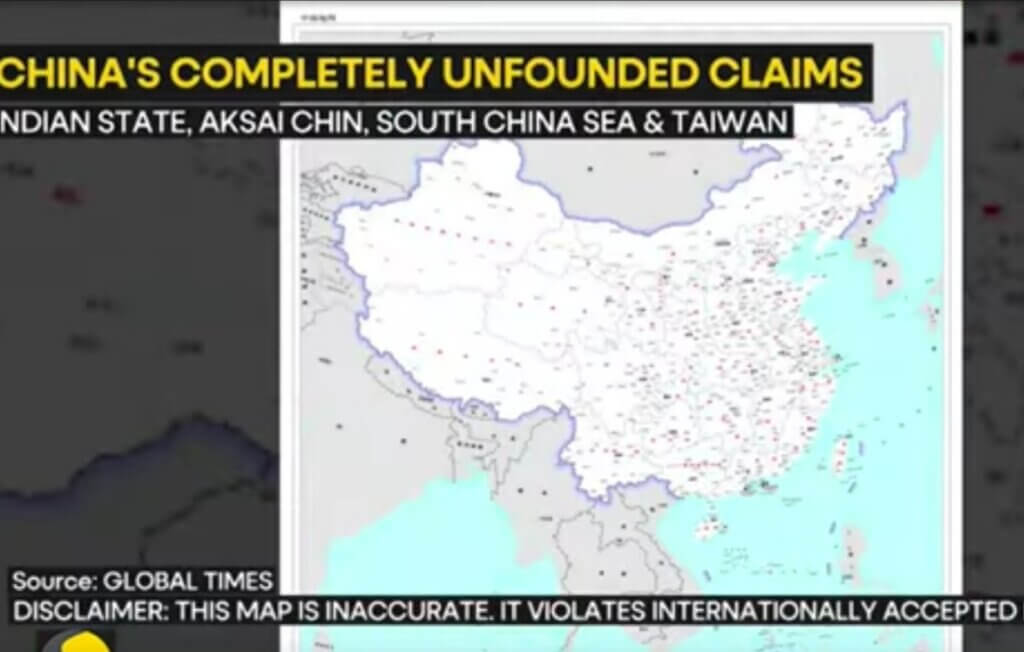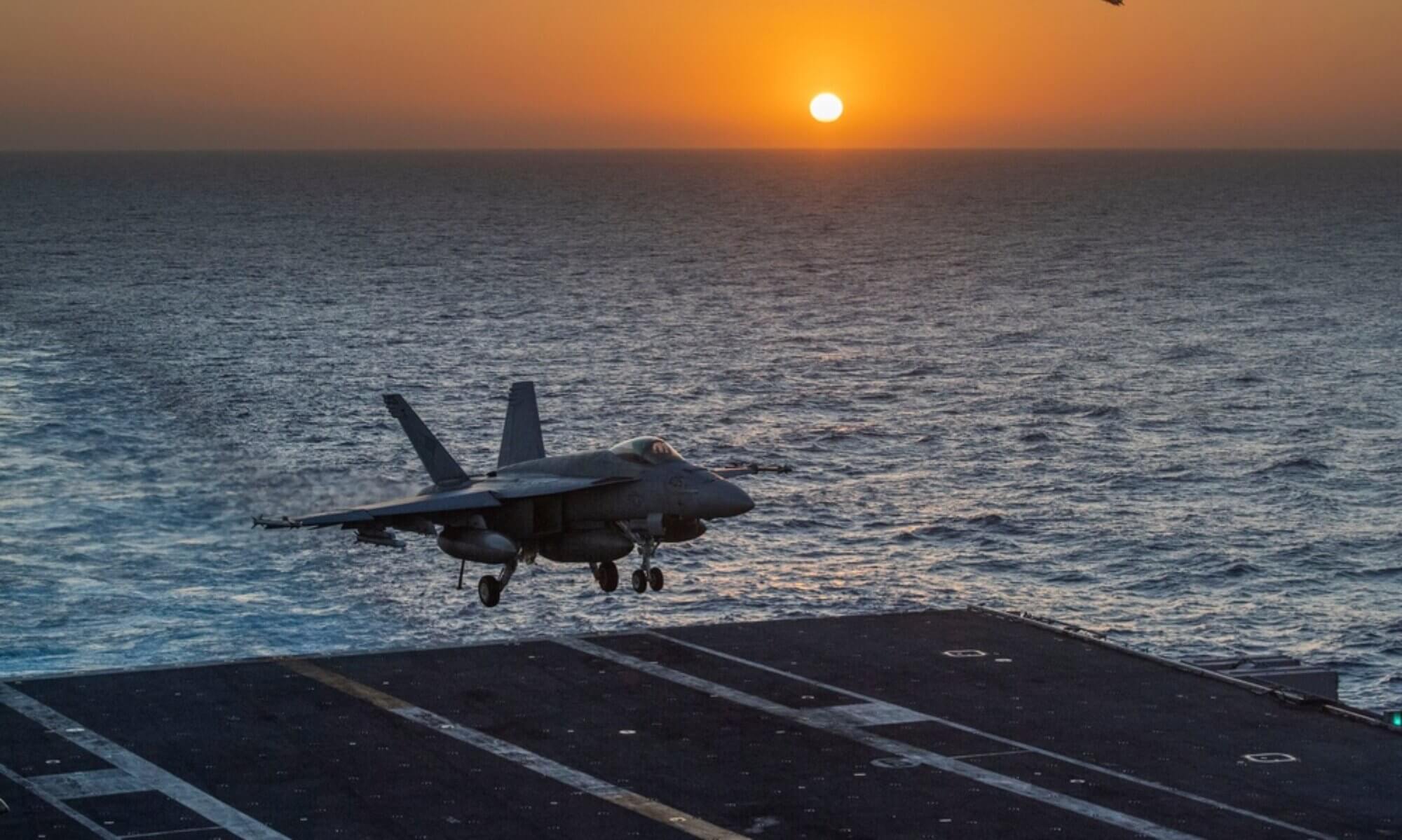
As members and subscribers of the Americans for a Stronger Navy, you are well aware of the importance of maintaining a free and open Indo-Pacific region, where the United States and its allies and partners can uphold the rules-based order and protect their national interests.
The South China Sea, a vital waterway for global trade and security, is at the heart of this region.
However, China’s aggressive and expansive claims to sovereignty over most of the South China Sea, as well as its militarization of disputed features, pose a serious threat to the peace and stability of the region, as well as to the freedom of navigation and overflight that the United States and other countries enjoy under international law.
On Monday, August 28, 2023, China released a new map of its infamous U-shaped line, also known as the nine-dash line, that covers about 90% of the South China Sea.
This map, which was published by the Ministry of Natural Resources, is the latest in a series of official maps that China has issued since 1947 to assert its sovereignty over the sea and its islands, reefs, and resources. The map also includes Taiwan, which China considers as a renegade province, and parts of India’s Arunachal Pradesh state, which China claims as part of Tibet.
The map has been met with strong rejection and protest by the other claimants in the South China Sea, namely Brunei, Indonesia, Malaysia, the Philippines, Taiwan, and Vietnam. These countries have their own claims to sovereignty over various features and zones in the sea, based on historical evidence, geographic proximity, or international law.
They have also challenged China’s U-shaped line as baseless and illegal under the United Nations Convention on the Law of the Sea (UNCLOS), which defines the rights and obligations of coastal states in their territorial seas, exclusive economic zones (EEZs), and continental shelves. In 2016, an arbitral tribunal constituted under UNCLOS ruled in favor of the Philippines in its case against China, declaring that China’s U-shaped line had no legal basis and that China had violated the Philippines’ sovereign rights in its EEZ.
China rejected the ruling as null and void and continued to assert its claims and activities in the sea.
The United States, which is not a party to UNCLOS but abides by its provisions as customary international law, has also expressed its opposition to China’s U-shaped line and its actions in the South China Sea.
The United States has declared that it has a national interest in preserving freedom of navigation and overflight in the sea, as well as in supporting its allies and partners in defending their rights and interests.
The United States has also conducted regular freedom of navigation operations (FONOPs) and presence operations in the sea to challenge China’s excessive maritime claims and to demonstrate its commitment to upholding international law.
The United States has also provided diplomatic, legal, and security assistance to the other claimants in the sea to enhance their capabilities and resilience.
The release of China’s new map is not only a provocation to the other claimants in the sea, but also a challenge to the United States and its vision of a free and open Indo-Pacific.
The map shows that China is not willing to compromise or cooperate on resolving the disputes in the sea peacefully and in accordance with international law. Instead, China is determined to impose its will and dominance over the sea and its resources, regardless of the rights and interests of other countries.
The map also shows that China is not deterred by the United States’ presence and actions in the sea, but rather seeks to test and undermine them.
The Americans for a Stronger Navy believes that China’s new map is unacceptable and unacceptable. We urge our government to continue to stand firm against China’s aggression and expansionism in the South China Sea.
We call on our government to increase its diplomatic engagement with our allies and partners in the region to coordinate our responses and strategies. We also call on our government to enhance our naval presence and capabilities in the region to deter further Chinese provocations and to defend our national interests.
We believe that a strong navy is essential for ensuring a free and open Indo-Pacific.

